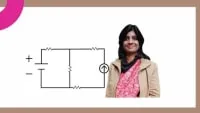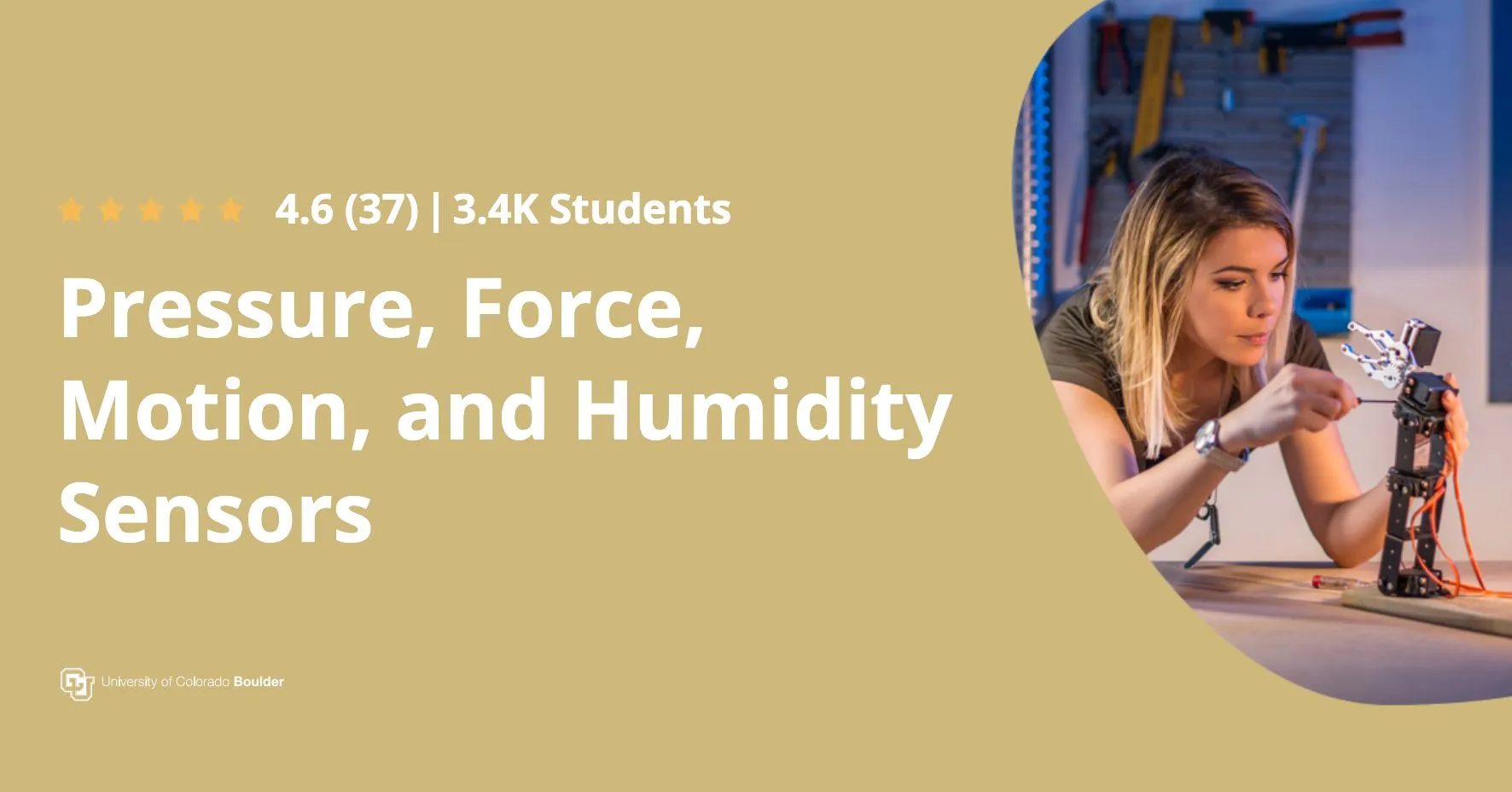
Fundamentals of DC Circuits with Tips and Tricks 
This course provides an introduction to the fundamentals of DC Circuits, including tips and tricks for successful analysis. Students will gain a comprehensive understanding of the principles and applications of DC Circuits. ▼
ADVERTISEMENT
Course Feature
![]() Cost:
Cost:
Free
![]() Provider:
Provider:
Udemy
![]() Certificate:
Certificate:
No Information
![]() Language:
Language:
English
Course Overview
❗The content presented here is sourced directly from Udemy platform. For comprehensive course details, including enrollment information, simply click on the 'Go to class' link on our website.
Updated in [March 06th, 2023]
This course provides an overview of the fundamentals of DC circuits. Participants will learn the terminology used to solve DC circuits, as well as the Voltage and Current Divider rule. They will also become familiar with Kirchoff's Laws and how to use the Nodal voltage analysis to calculate currents and voltages in a circuit. Finally, participants will be able to calculate currents and voltages in a circuit using the mesh current method with tips and tricks.
[Applications]
After taking this course, students should be able to apply the knowledge they have gained to solve DC circuits. They should be able to use the Voltage and Current Divider rule, Kirchoff's Laws, Nodal voltage analysis, and the mesh current method to calculate currents and voltages in a circuit. Additionally, they should be able to use the tips and tricks they have learned to make the process easier and more efficient.
[Career Paths]
1. Electrical Engineer: Electrical engineers design, develop, test, and supervise the manufacture of electrical equipment, such as electric motors, radar and navigation systems, communications systems, and power generation equipment. With the increasing demand for renewable energy sources, electrical engineers are in high demand to develop and maintain efficient and reliable energy systems.
2. Electronics Engineer: Electronics engineers design, develop, test, and supervise the manufacture of electronic equipment, such as broadcast and communications systems, medical monitoring devices, navigational equipment, and computers. With the increasing demand for consumer electronics, such as smartphones and tablets, electronics engineers are in high demand to develop and maintain efficient and reliable electronic systems.
3. Robotics Engineer: Robotics engineers design, develop, test, and supervise the manufacture of robots and robotic systems. With the increasing demand for automation and artificial intelligence, robotics engineers are in high demand to develop and maintain efficient and reliable robotic systems.
4. Automation Engineer: Automation engineers design, develop, test, and supervise the manufacture of automated systems. With the increasing demand for automation and artificial intelligence, automation engineers are in high demand to develop and maintain efficient and reliable automated systems.
[Education Paths]
1. Electrical Engineering Degree: Electrical engineering is a field of engineering that deals with the study and application of electricity, electronics, and electromagnetism. This degree path is ideal for those interested in learning the fundamentals of DC circuits and applying them to real-world applications. With the development of new technologies, such as the Internet of Things (IoT), the demand for electrical engineers is expected to grow significantly in the coming years.
2. Computer Engineering Degree: Computer engineering is a field of engineering that combines the principles of electrical engineering and computer science. This degree path is ideal for those interested in learning the fundamentals of DC circuits and applying them to computer systems. With the development of new technologies, such as artificial intelligence (AI) and machine learning, the demand for computer engineers is expected to grow significantly in the coming years.
3. Physics Degree: Physics is a field of science that deals with the study of matter, energy, and their interactions. This degree path is ideal for those interested in learning the fundamentals of DC circuits and applying them to physical systems. With the development of new technologies, such as quantum computing, the demand for physicists is expected to grow significantly in the coming years.
4. Robotics Degree: Robotics is a field of engineering that deals with the design, construction, and operation of robots. This degree path is ideal for those interested in learning the fundamentals of DC circuits and applying them to robotic systems. With the development of new technologies, such as autonomous vehicles, the demand for robotic engineers is expected to grow significantly in the coming years.
Course Syllabus
DC Circuit topology
Current divider rule
Voltage divider rule
Kirchoff's Fist Law/KCL
Kirchoff's Second Law/KVL
Nodal Analysis
Mesh Analysis
Pros & Cons

Comprehensive and useful.

Easy to understand language.

Very knowledgeable instructor.

Easy way to understand DC Circuits.

Understandable explanation.

Not the easiest to understand.

Accent can be difficult.

Not all aspects covered.

Not enough sessions.

Not enough detail.
Course Provider

Provider Udemy's Stats at AZClass
Discussion and Reviews
0.0 (Based on 0 reviews)
Explore Similar Online Courses

Innovations in Fintech - Online Program - FutureLearn

Data Visualization with Bokeh Course

Python for Informatics: Exploring Information

Social Network Analysis

Introduction to Systematic Review and Meta-Analysis

The Analytics Edge

DCO042 - Python For Informatics

Causal Diagrams: Draw Your Assumptions Before Your Conclusions

Whole genome sequencing of bacterial genomes - tools and applications

Pressure Force Motion and Humidity Sensors

Appliance Testing Fundamentals


Start your review of Fundamentals of DC Circuits with Tips and Tricks